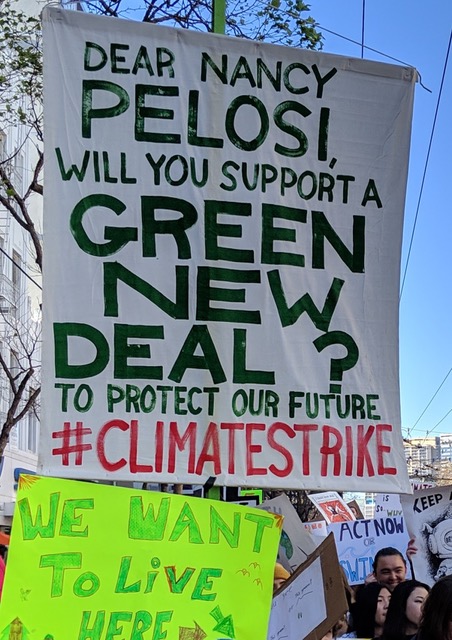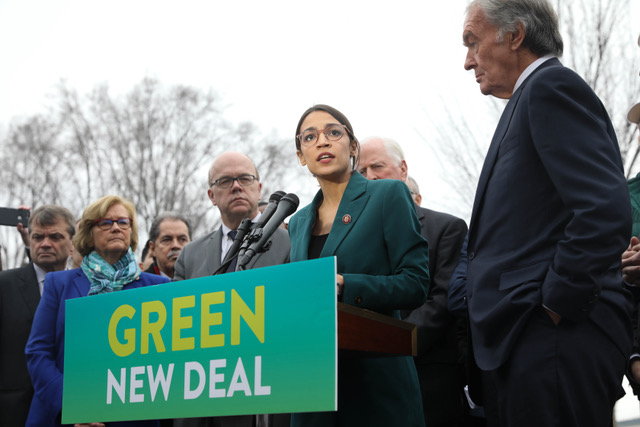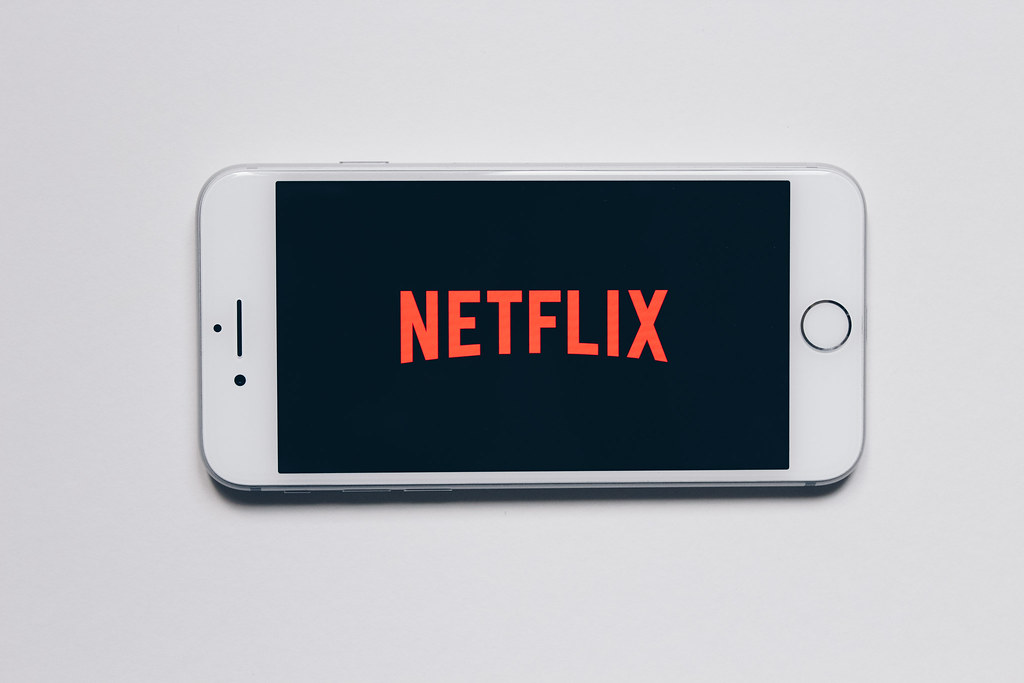Spilling the Green (New Deal) Tea
May 3, 2019
As students at ASIJ, we are frequently faced with questions about our futures — particularly relating to our college choices and careers. Though much of it is needless worrying, it’s all well intended. But perhaps it’s time that our tendency for planning ahead takes on other considerations. We need to contemplate the state of our planet.
The current state of our environment is distressing. A report by NASA entitled “Global Surface Temperature” explicates that eighteen of the nineteen warmest years have all occurred since 2001, with 2016 ranking as the warmest year on record. According to the New Climate Economy group, climate- and weather-related disasters were responsible for thousands of deaths and a loss of US$320 billion in 2017 alone — statistics that could be exacerbated by further rises in temperature. With our environment being destroyed by human activity, problems are already here — but worse are yet to come.
Appropriately, some lawmakers are attempting to makeover climate policy. Recently, Alexandria Ocasio Cortez (D, NY-14) has been rallying support for her “Green New Deal” (also known as the “GND”). According to Lisa Friedman of the New York Times, the deal’s primary goals are to reduce greenhouse gases whilst also mitigating economic and racial inequality.
The deal is ambitious. In the fourteen-page document, there are clauses calling to “[eliminate] pollution and greenhouse gas emissions,” to “[upgrade] all existing buildings in the United States and [build] new buildings to achieve maximum energy efficiency,” and to “overhaul transportation systems in the United States to remove pollution and greenhouse gas emissions.” When taken verbatim, the deal is impossible to achieve, considering that there are financial concerns and industries that cannot be completely overhauled. But the GND is meant to be aspirational — its role as a resolution is to reinforce a goal rather than enact immediate policy.
It is worth noting that such high standards in climate policy could bring drastic benefits. In the aforementioned report published by the New Climate Economy group, analysis predicts that bold action could result in approximately $26 trillion in revenue compared to business as usual, and could generate over 65 million low-carbon jobs by 2030 globally. This economic stimulation could aid investment into projects relating to green energy, thus potentially instigating an cycle of eco-friendly production.
Aside from economic gain, the deal brings attention back to the issue of climate change and the radical speed at which changes need to be implemented.
President Donald Trump’s (and his cabinet’s) lax attitude towards global warming is dangerous. In an article by Sarah Gibbens of National Geographic, it was noted that since the start of his presidency the Trump administration has pulled out of the Paris Climate Agreement, allowed for increases in airgun blasts for oil and gas drilling, and weakened rules relating to the fuel-economy of vehicles, among other policy changes.

In light of these policies, it is even more depressing to consider the statements made by Philip A. Wallach of the Brookings Institute: “The Trump administration has clearly opposed the climate policies of its predecessor, and there is no reason to expect legislative action of any kind during the 116th Congress.” Alexandria Ocasio-Cortez is right to be direct about the dire consequences awaiting a world that remains stagnant on climate policy.
On March 26, 2019, the deal was taken to vote in the Senate, losing 57-0. According to The Guardian, the deal was rushed to a vote by the Republican majority in order to demonstrate potential divides in the Democratic party before 2020 elections. After all, as highlighted by CNN, Mitch McConnell claimed he “could not be more glad that the American people will have the opportunity to learn precisely where each one of their senators stand on this radical, top-down, socialist makeover of the entire US economy.” In response, Democrats countered the Republican party through voting “present” instead of “for” or “against” the plan.
Though there are flaws to the resolution, this is not the way a government should handle a necessary revision to its climate policy. Voting “for” the Green New Deal would have changed the framework of current US environmental policy from neglect to action and acknowledgement. In the words of Alexandria Ocasio-Cortez herself, “Science should not be partisan.” Our governments need to step up to their intended role: to protect the people they govern. They cannot protect us without protecting the earth.




















